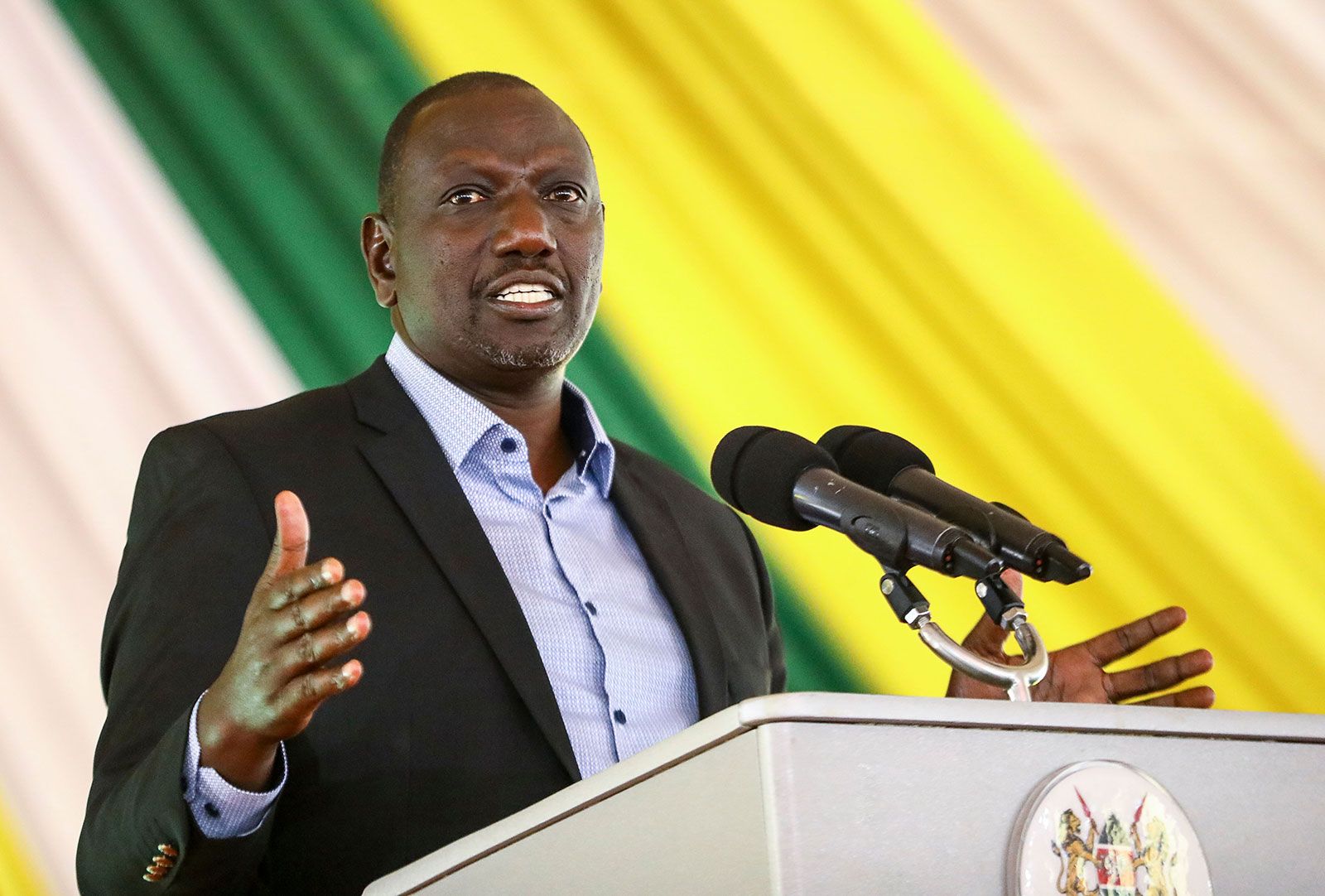Some Nigerian self-appointed “leaders of thought” have been thoughtlessly calling on youths to “wake up to the spirit of Occupy Nigeria and the #ENDSARS Protests” and curb poor government policies and excesses of the political class through legitimate street protests. They quite irresponsibly urge Nigerians to “wake up and pay the sacrifice that Kenyans have paid because that is the only way we can have a better country”. This of course is simply not true. The way towards a better country isn’t through violent protests. Supporters of such protests were referring to the fact that the streets of Kenya and their parliament buildings were smeared with the blood of youths who successfully protested against a financial bill set to impose higher taxes on practically every item in the country to reduce state borrowing and the budget deficit by raising $2.7 billion.
Although there can be no justification for the loss of life caused by policemen shooting unarmed rioters, it must be said that the protestors entered the parliament buildings, destroyed property and set part of the buildings on fire. While the government is supposed to ensure protestors are safe, free from prosecution, and can exercise their right to peaceful protest enshrined within several international treaties and declarations, the Kenyan youths who invaded the Kenyan Parliament to destroy property were totally out of order. While addressing the nation, Kenyan President William Ruto said quite correctly that it is not acceptable for criminals pretending to be peaceful protestors to inflict terror against people, their elected representatives and institutions established under the constitution, yet expect to go scot-free. Be that as it may, he also backed down and announced he would not assent to the bill.
Such a policy reversal and climb-down are what those encouraging dissent on the streets of Nigeria hope to achieve. Indeed, both nations find themselves in similar predicaments. Both are suffering the effects of a severe debt burden, and both borrow money to run the government, pay salaries and fund whatever few social services exist. In both nations citizens are urged to continue bearing deprivations while political office holders live in unjustifiable lavish ostentation and are insensitive towards the mass suffering their policies have inflicted.
In both Nigeria and Kenya, public anger has been simmering for years over the government’s seeming inability to resolve pressing national problems brought about by population growth, continuous land degradation, corruption and the predominance of politics over economics. In both countries, the youths have seen no positive transformation in their lives. Rather than continue to live below the international poverty line while their leaders enjoy lives of luxury at public expense, they struggle to escape their country for a better life in better managed nations. In both countries the failure to create adequate opportunities for educated young people has made them easy prey for those who want to create public disorder for their own personal benefit.
There is no gainsaying that some members of Nigerian labour unions, some politicians who lost elections and some ethnic agitators are willing to throw the nation into confusion by encouraging a leaderless revolt with no clearly defined objectives. In Kenya, the withdrawal of the finance bill did not end the anger. Until their government narrows inequality and alleviates the deepening poverty, the legitimate anger of the poor will continue to simmer below the surface. This is especially true in a situation where unemployment is increasing because of job losses resulting from the exodus of multinational companies from the country. Their exodus is because most African leaders mismanage their nation’s economy, fully expecting citizens who are pushed further into poverty to meekly bear the brunt of uncompassionate economic policies and indifference towards their plight.
The presidents of Kenya and Nigeria rode to power on the back of promises to better people’s lives. Both campaigned with slogans that they would instill good governance and implement economic policies which would be beneficial to the poor, but neither was able to achieve this. As a result, the youths in both nations are jobless, restless and increasingly susceptible to bad influences which encourage a breakdown of law and order. Unlike in Kenya, the streets of Nigeria have been smeared with the blood of protestors for decades. Every time the police are called to quell protests, blood is spilled because the brutalisation of Nigeria citizens by government security agents has become a routine occurrence.
The only real similarity between Nigeria and Kenya is that both nations are classic examples of reeling from the effects of previously implementing policies advised by the International Monetary Fund (IMF), none of which ever reduced poverty or benefitted the common man. There the similarities end. Nigerian protests tend to be about crime, insecurity or human rights abuses; not poverty, corruption or increased debt burden. That government’s untoward economic policies were swallowed without a breakdown of law and order is a plus for Nigeria. Bearing in mind our nation’s history of ill-advised military interventions, and the current trend in West Africa, anyone calling for violent street protests in Nigeria places our democracy at risk. Even when Kenyan youths were revolting against the government, none of them was calling for the military to take over as has recently been the case in several West Africa countries. This is the norm in Kenya which is why perhaps unlike in Nigeria they have never experienced a military coup. Nigeria isn’t Kenya!

 Join Daily Trust WhatsApp Community For Quick Access To News and Happenings Around You.
Join Daily Trust WhatsApp Community For Quick Access To News and Happenings Around You.


